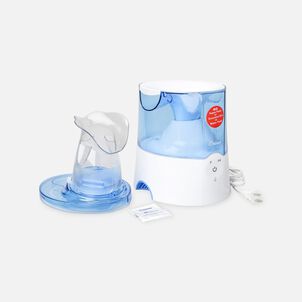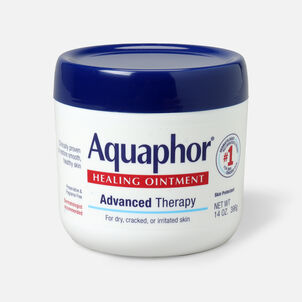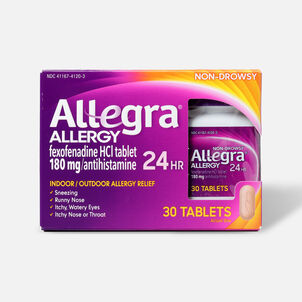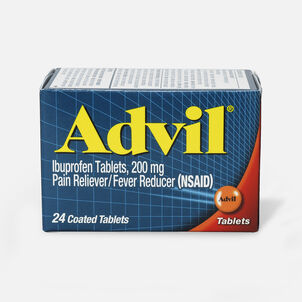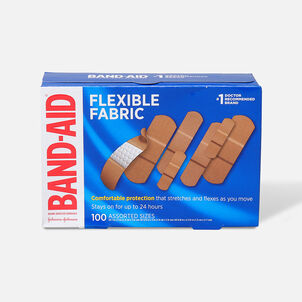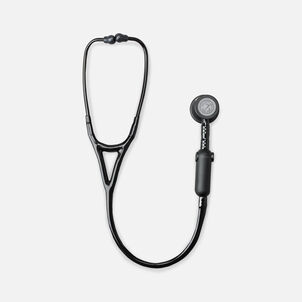Your top FSA grace period deadline Q&As
With the FSA grace period ending on March 15, we've seen a boost in social media activity as FSA users look to spend their remaining funds before the deadline.
We're here to answer the most-popular FSA grace period questions to help you better manage your FSA funds. These are just a few of the most-commonly asked questions, but the answers can help equip you with the knowledge to make this a successful March deadline.
"If I purchase an Rx item, where do I send the prescription?"
Over-the-counter products that contain medicated ingredients - such as Tylenol, Advil, Claritin and even some cough drops - require a doctor's prescription for FSA reimbursement. In most stores, you need to hand your prescription to the pharmacist and you will be able to use your FSA card with the prescription number you get.
However, if you shop on FSAstore.com, we have a easy Prescription Process that requests prescriptions from your doctor on your behalf, so you can quickly make your purchase without any hassle.
Update: As of March 2020 with the passage of the CARES Act, the OTC Rx requirement has been repealed and prescriptions are no longer necessary to purchase over-the-counter medicines with an FSA or HSA. Additionally, menstrual care products like tampons and pads are fully FSA-/HSA-eligible. Learn more here.
"If I retire this year, what happens to the leftover balance in my account?"
If you're planning to retire and you're enrolled in an FSA, you should spend the money before leaving your position. If you don't, your unspent money will go back to your employer.
If you've been keeping track of your FSA balance and spending throughout the year, hopefully there won't be much leftover. If you need some inspiration for new ways to use your remaining balance, check out our Best Sellers collections.
"What specific health practitioners can sign a Letter of Medical Necessity?"
Medical products and services that fall outside of FSA eligibility rules like massage therapy and calcium supplements can still be eligible with a Letter of Medical Necessity (LMN) from a doctor or other medical professional. However, your plan administrator can still approve or deny the expense.
"What's the difference between the FSA grace period and run-out period?"
Let's tackle this as simply as possible: the FSA grace period is your last chance to spend, the "run-out" period is your last chance to file claims.
The FSA grace period gives you 2.5 months after the end of your plan year to spend your remaining FSA funds from the previous year. So if your plan usually ends on December 31, you would have until March 15 to spend the last of your funds.
The run-out period is an option offered by your employer to submit claims from the previous year. This will give you a chance to be reimbursed for any outstanding medical expenses you incurred during the prior year and forgot to submit for reimbursement. Check with your benefits administrator to see if this option is offered to you (since not all plans have it) and to find out how much time you have to submit expenses.
"So, can I use 2022 FSA funds to pay for 2023 expenses?"
The short answer is no. FSAs operate on a use-it-or-lose-it basis, meaning you must use your FSA to pay for expenses incurred within your plan year or you lose leftover funds when the plan year ends. However, employers have the option to offer either a 2.5 month grace period or a $570 rollover option to help you not lose your funds.
If you have a plan year beginning in January 2022 that ends on December 31st. the FSA grace period extends this deadline until March 15, 2023. Check with your plan administrator to see if you have the grace period option.
Those with a traditional 12/31 deadline have to spend down their funds by this date. Those with FSA rollover can move up to $570 of their remaining funds into their 2023 FSA totals.
If you have more questions about how to #GetFlexSmart, reach out to us on Facebook, Instagram and Twitter. We'll be reporting back on more common questions soon!

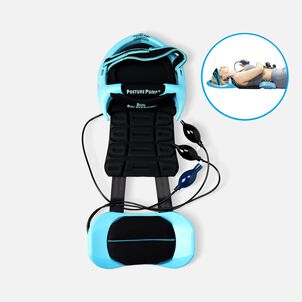

-1.jpg?sw=302)

